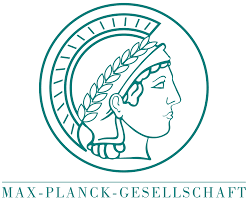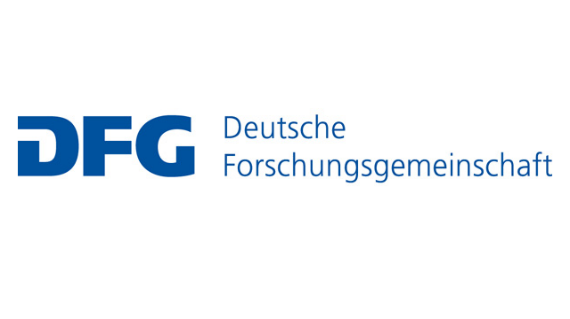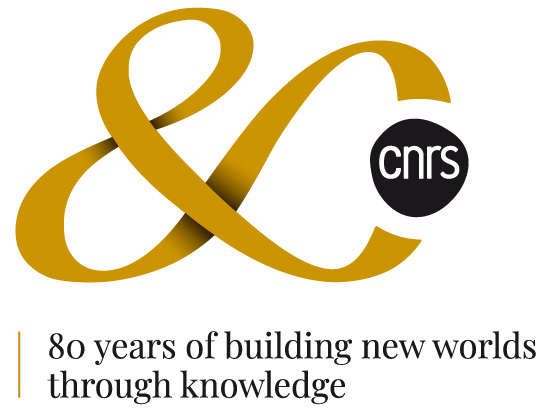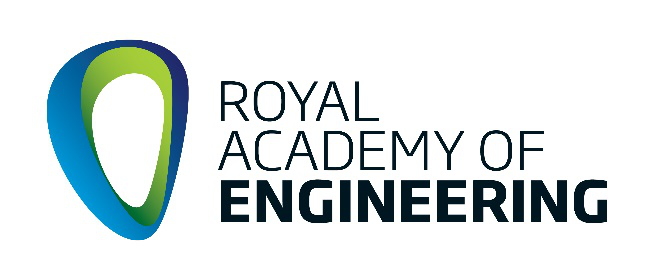A brief jog sharpens the mind, boosting attentional control and perceptual speed. Now researchers are figuring out why
If you wanted to ensure your mind was in top gear, which do you think would provide the better preparation – 15 minutes of calm relaxation, or a 15 minute jog?
A study involving 101 undergrad students suggests you’d be better off plumping for the latter.
Evidence had already accumulated showing that relatively brief, moderate aerobic exercise – like going for a brisk walk or a jog – has immediate benefits for mental functioning, especially speed and attentional control. A parallel literature has also documented how brief, aerobic exercise has beneficial effects on your mood, including making you feel more energetic, even when you don’t expect it to. In their new paper in Acta Psychologica, Fabian Legrand and his colleagues bridged these findings by looking to see if the emotional effects of exercise might be at least partly responsible for the cognitive benefits.
They asked their participants to rate how energetic and vigorous they were feeling and then to complete two cognitive tests (versions of the Trail Making Test, which involves drawing lines between numbers and letters as fast and as accurately as possible).
Next, they allocated half their student participants to go for a 15 minutes group jog around the campus and the others to spend the same time following group relaxation exercises. Finally, two minutes after the jog/relaxation session, the students answered the same questions as before about their feelings of energy, and then they repeated the cognitive tests.
The students who went for a jog, but not the relaxation students, subsequently showed significant improvement on the version of the Trail Making Test that measures mental speed and attentional control (but not the other that taps memory and cognitive switching). Moreover, this improvement in cognition was fully mediated by their increased feelings of energy and vigour, implying – although not proving conclusively – that the jog boosted cognition through its effects on their subjective sense of having more energy (in contrast, the relaxation group actually felt dramatically less energetic).
Among the study limitations was the fact the relaxation session took place inside, while the jog was outside. Notwithstanding this issue and some others, and while recognising the need for more research, Legrand and his team said that their findings “add weight to recent suggestions that increased feelings of energy may mediate the relationship between aerobic exercise and some aspects of cognitive functioning.”
Christian Jarrett (@Psych_Writer) is Editor of BPS Research Digest
Retrieved from BPS Research Digest on Oct. 05 2018. Christian Jarrett. "A brief jog sharpens the mind, boosting attentional control and perceptual speed. Now researchers are figuring out why"

















